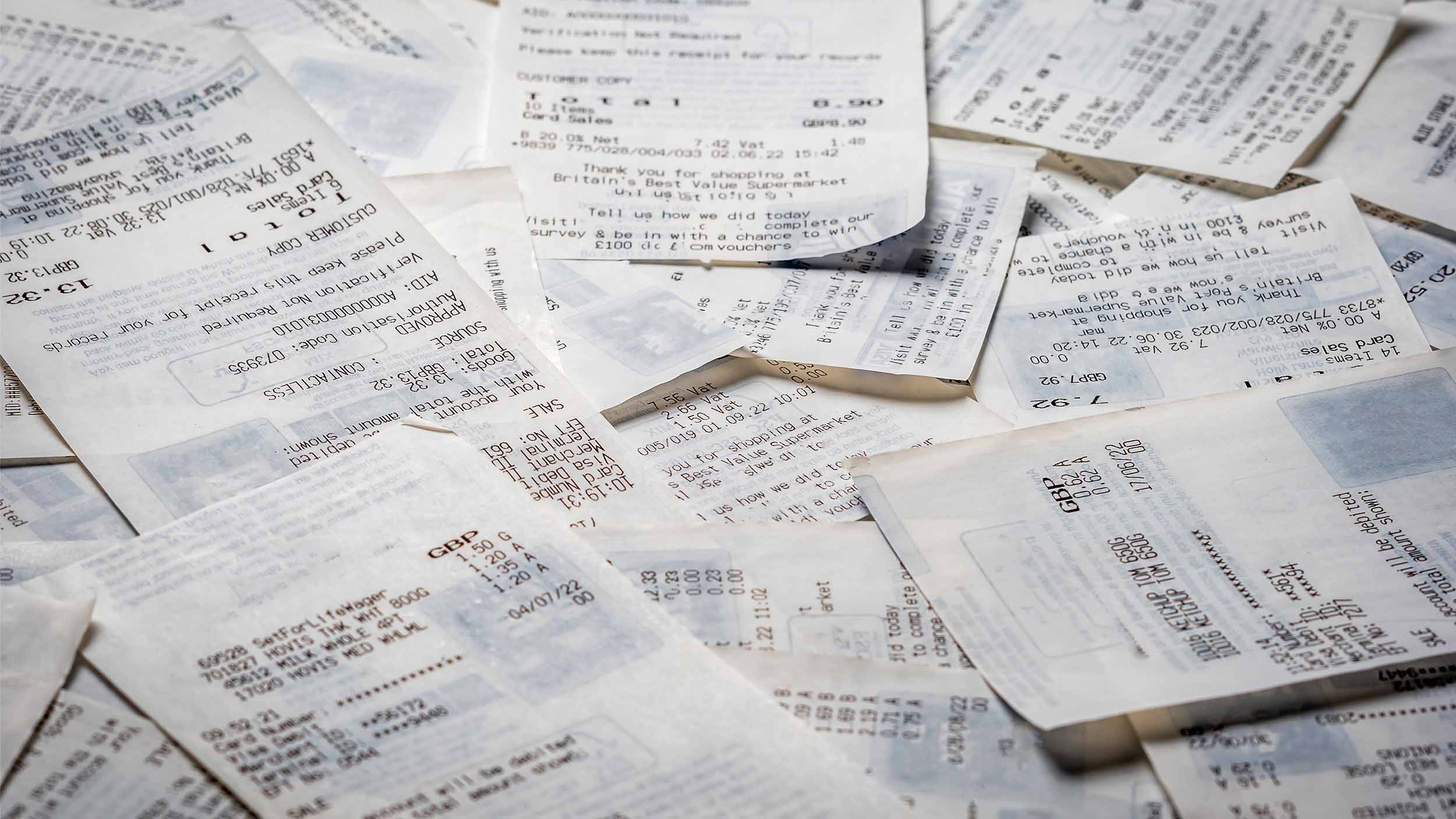What’s To Become Of The Presidential Election Campaign Fund?
This spring the IRS received more than 139 million individual income tax returns. Those returns give filers the option to direct a few of their tax dollars to the Presidential Election Campaign Fund (PECF). Eligible presidential candidates can use the money to help cover qualified expenses of their political campaigns in both the primary and general elections.
But many of us decline the option. Do we not need or want it anymore?
On Form 1040, right under the section where a filer enters their (and their spouse’s) Social Security Number, lies the 1.5-square-inch PECF section. In it, filers can check boxes for themselves (and their spouse) to direct $3 (or $6 for joint filers) of their tax payments to the PECF.
I asked a group of my friends whether they checked the box. Only two of us did, and—full disclosure—my spouse and I did not. The fund aims to encourage public financing of elections and limit the influence of big donors, but the share of filers opting in has fallen dramatically since the fund’s establishment in the 1970s. TPC has looked at Federal Election Commission (FEC) data, which shows the share of tax filers checking the box fell from 28 percent in 1976 to 3 percent in 2023.
Several factors explain this decline, among them the increasing complexity of campaign financing, the rising cost of elections, and the growing influence of private donations.
The options have evolved over the years from Form 4875, the Presidential Election Campaign Fund Statement, used in 1972, to a check-off box included on Form 1040. I checked the box on my 1040EZ in 1986, because I was able to remember watching Watergate coverage in the news the decade prior. As a new taxpayer, I was proud to contribute to a fund that might limit the influence of money in presidential elections.
More recently, my TPC colleagues Aravind Boddupalli and Erin Huffer argued in 2019 that the fund’s design was failing. Unfortunately, their argument still holds. This year, if every tax filer directed $3 to the fund, the fund would collect over $417 million. But as of April 30, filers have directed $8.7 million to the fund. Total directed funds in 2024 might not surpass $25 million.
The fund currently holds about $416 million. But given the public fund’s restrictions, and the lack of a federal cap on individual political donations, presidential candidates have been unwilling to commit to public financing of their campaigns. The last presidential candidates to choose PECF money at the start of their presidential campaigns were former Governor Martin O’Malley (D-MD) in 2016 and the late Sen. John McCain (R-AZ) in 2008.
The Congressional Research Service has for years documented the limitations of the PECF and the policy challenges endemic to public financing of campaigns. And Congress has found and will likely continue to find other ways to use the money.
That’s why my spouse and I don’t check the box. It feels like our effort would be made in vain.
Former Vice President Mike Pence sought public funds for his presidential campaign on Oct. 12, 2023. He suspended his campaign two weeks later, but the FEC allows presidential primary candidates to continue to request funds even if they are no longer actively campaigning, as long as they use the funds to pay off campaign debts. Pence’s campaign committee had over $1.3 million in unpaid debts at the end of March of this year. Pence could potentially receive PECF money to pay down those debts until the first Monday of March 2025.
Will future candidates follow his example? The costs of presidential campaigns continue to climb. The 2020 presidential election cost a record $14.4 billion and the 2024 presidential election is already on track to cost more. Is the PECF going to turn into a light at the end of the tunnel of unsuccessful campaigns? If people associate the PECF with candidates who have no chance of winning, will they have one more reason to skip the check-off box?
Then there are people like one of my friends, who said of the PECF, “Maybe I’d contribute if there were different candidates.”
That raises an interesting question: What if the PECF wasn’t about people, but process?
The Bipartisan Policy Center recommended in 2022 that policymakers reimagine and redesign the PECF as dedicated funding for election administration block grants to state and local election officials. By doing so, “Congress would empower the American public to directly invest in free and fair elections, improving democracy in a democratic manner.”
I’m not sure what my friend would think—but with that reform, my spouse and I would happily check those boxes.
The Tax Hound, publishing once a month, helps make sense of tax policy for those outside the tax world by connecting tax issues to everyday concerns. Have a question or an idea? Send Renu an email.






